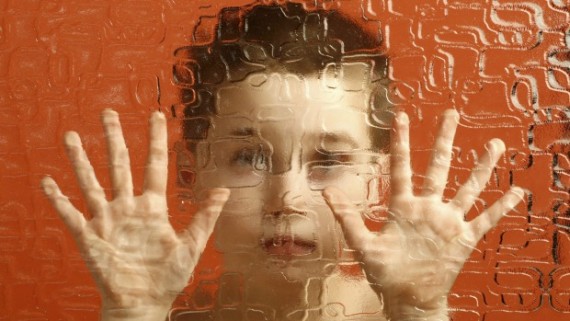
by Rebecca
Age fourteen
Imagine living every day being reminded of what a failure you are. Imagine going to bed every day feeling defeated and hopeless. Imagine never being capable of reaching anyone’s expectations. Imagine losing every dream you ever dreamed and losing grasp of the life you once had. Imagine waking up every day with this despair, knowing you are incapable of living differently.
This is the life of many with severe mental illness.
Mental illness is a heavy burden on my heart because my father has suffered severely with mental illnesses his entire life. He has been diagnosed with bipolar disorder, severe depression, personality disorders, and other mental health issues. Because of his severe mental condition, he has lost everything.
He is incapable of performing many tasks; consequently, he has lost numerous jobs, which if kept, would have made him very successful in many ways. He has made many unwise decisions linked to his illness. As a result, he has a jail record, has lost his reputation and any chance of being able to financially support himself. In addition, he is in crippling debt. He has lost his wife and children, whose relationships he will never be able to fully mend. He has been in a mental institution involuntarily for almost two years.
Having a loved one with mental illness is so difficult. When they wrong you or show symptoms of their disorders, you get angry and frustrated at them, forgetting that they are severely ill. This response is like yelling at a man in a wheel chair for being unable to walk. You tend to forget that people with mental illness do not have the capability to act normally.
I have always wondered this about my father: “How many of his actions towards me and others were truly him, and how many were because of the monster inside of him that he could not control?” I wonder if I ever saw the true person he was without his mental disorders. I long to know who he could be without his mental illness constantly weighing him down.
Mental illness deeply affects the loved ones surrounding the patient in ways different from cancer or other physical diseases. Families with loved ones who are physically ill tend to receive love, understanding, and support—even casseroles—that those dealing with mental illness do not. Families of a mentally ill patient receive little to no support from others. Instead, they receive judgment and feel shame, adding to their pain and loss.
As a community and as a nation, we need to raise awareness for mental illness. It is the elephant in the room. How can we ignore the statistics? Approximately one-third of our homeless population includes individuals with serious, untreated mental illness. Approximately 20 percent of inmates in jails and 15 percent of inmates in state prisons have serious mental illness.
The latest data from the Center for Disease Control shows that nearly 36,000 Americans die by suicide each year, nearly all resulting from mental illness. Since 2009, more soldiers have been lost to suicide than to combat. Deaths from medical causes such as leukemia and heart disease have decreased over the past 30 years. The same cannot be said of the suicide rate, which has remained the same. A vast majority of suicides—90 percent—are related to mental illnesses such as depression and schizophrenia.
According to Dr. Thomas Insel, Director, National Institute of Mental Health, the reason we have not seen positive results in treating mental illness is because we do not fully understand the brain. Scientists have begun to map and decode it. Research is being conducted that has resulted in more accurate brain imaging, enabling more accurate diagnoses and treatment of mental illness. Instead of merely addressing the behavioral manifestations of these brain disorders, we hope in the future, researchers can address the underlying causes of mental illnesses in their beginning stages.
It is shocking that a third of homeless individuals with mental illnesses will never receive any form of treatment and twenty percent of prisoners who are sick will not receive any treatment.
What can we do today? I believe persons with mental illnesses and their families deserve not only the best medical treatment available, but compassion and respect. Let’s not continue to silence those who deal with this sort of isolation every day. Failure to adequately address mental illness is a huge loss not only to those directly affected, but to all of society.
My father has received little understanding during his downfall. To be honest, watching how he has been treated and judged has hurt me as much as his illness has. Would earlier intervention and compassion have made a difference? I do not know. But it would have lessened his pain and confusion during an already devastating time. That is the minimum that every mentally ill person deserves — understanding. On behalf of my family and my father, I hope this message will someday make a difference in the lives of patients and families similar to mine.



